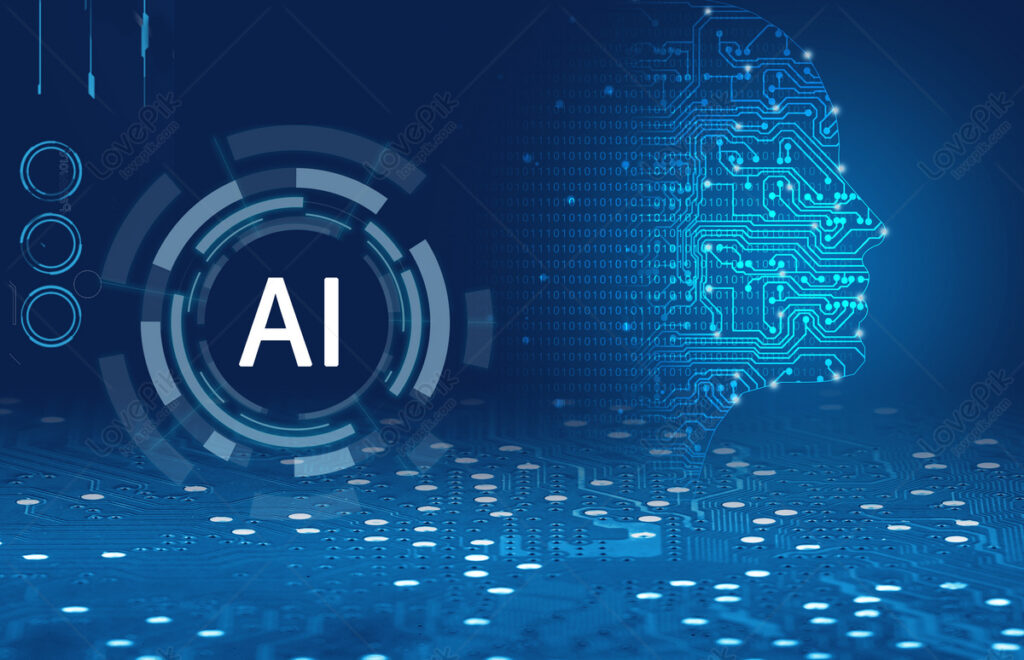
ARTIFICIAL INTELLIGENCE in EDUCATION
Certificate = Yes
80 EUR per day/participant
Language = English
Duration = 5 – 7 Days
Location = Antalya / TÜRKİYE
Description
The rapid progression of Artificial Intelligence (AI) technology has resulted in needs for educators to receive training on its application in the classroom. Teachers need to be prepared to successfully incorporate AI tools and applications into their lesson plans, as these technologies are becoming more and more common in learning environments. To guarantee that educators can fully utilize AI to boost student engagement, customize instruction, and enhance learning outcomes, training in its application is vital.
The purpose of this training program is to give educators the know-how and abilities they need to use artificial intelligence (AI) tools in the classroom. In addition to learning useful techniques for incorporating AI tools and apps to improve teaching and learning processes, participants will examine the opportunities, difficulties, and ethical issues surrounding AI in education.
By the end of the course, teachers will have the skills necessary to successfully navigate the constantly changing digital landscape, get students ready for the future, and design inclusive, productive learning environm ents that take advantage of AI technologies.
Objectives of the course
The specific objectives are:
– Understanding the fundamentals of Artificial Intelligence (AI) and its applications in education
– Explore innovative AI tools and technologies to improve teaching and learning
– Identify suitable AI tools and applications for different educational scenarios
– Learn how to effectively integrate AI-driven solutions into the classroom to improve student engagement and learning outcomes
– Make ethical and data protection considerations for AI-powered education
– Develop a customised action plan for the integration of AI in education
– Create a cross-cultural environment to discuss and share ideas with colleagues
– Learning tools for teachers’ professional development
– Improve the ability to collaborate internationally
Preparation
Before the course,
– Participants fill in a detailed questionnaire before the course, indicating their level of experience, teaching background and training.
– They also prepare a presentation reflecting their teaching method.
DAILY SCHEDULE OF ARTIFICIAL INTELLIGENCE IN EUCATION
DAY 1
Ice-breaking activities and introduction of the course program
Individual expectations
Knowing each other – Presentation of participants
What is Artificial Intelligence?
AI’s effects on education: opportunities and challenges
Ethics in AI-powered education: be sure the responsible use
DAY 2
AI-based tools and technologies for Personalized learning
Using AI to enhance instruction in the classroom: adaptive learning, virtual assistants, and intelligent tutoring systems
– Using AI chatbots and virtual assistants to promote student engagement and personalized learning
– Improving assessment and feedback practices through AI technologies
DAY 3
– Integrating AI technologies into lesson planning and curriculum design
– Research into AI-supported lesson planning and content creation
– Creation of AI-driven educational content
– Gamification and AI to support student engagement and personalized learning
– Evaluating and assessing the impact of AI on education
DAY 4
AI and future skills: Preparing students for a world with AI
– Continuous professional development in AI education
– Identifying resources and support networks
– How can I use the acquired knowledge & and tools in practice?
DAY 5
Overview of the course program
Evaluation of the course program
Filling the feedback forms
Europass Mobility Certificate, Participation Certificate
Cultural trip in the local area
Learning with Artificial Intelligence
Thanks to artificial intelligence, the learning process of students is further improved. With artificial intelligence, students’ learning styles, skills and needs are determined and a more customized learning experience is offered. Artificial intelligence detects students’ weaknesses and provides them with the opportunity to practice more. Additionally, it recommends learning materials according to students’ interests and increases students’ interest.
Artificial intelligence also makes the job of teachers easier. Thanks to artificial intelligence, teachers can better monitor students’ learning processes and evaluate students’ performance more accurately. Additionally, thanks to artificial intelligence, teachers can respond to students’ needs faster and present learning materials in a better way.
Outcomes of the course
The participants will
– Understand the fundamentals of Artificial Intelligence (AI) and its applications in education
– Explore innovative AI tools and technologies to improve teaching and learning
– Identify suitable AI tools and applications for different educational scenarios
– Learn how to effectively integrate AI-driven solutions into the classroom to improve student engagement and learning outcomes
– Make ethical and data protection considerations for AI-powered education
– Develop a customised action plan for the integration of AI in education
– Create a cross-cultural environment to discuss and share ideas with colleagues
– Learning tools for teachers’ professional development
– Improve the ability to collaborate internationally
Methodology
– Identifying the concept of Artificial Intelligence in schools
– Creating Personal Learning Profiles
– Discussing the elements of fostering creative thinking, entrepreneurship, and self-management skills.
– Working in groups cooperatively
